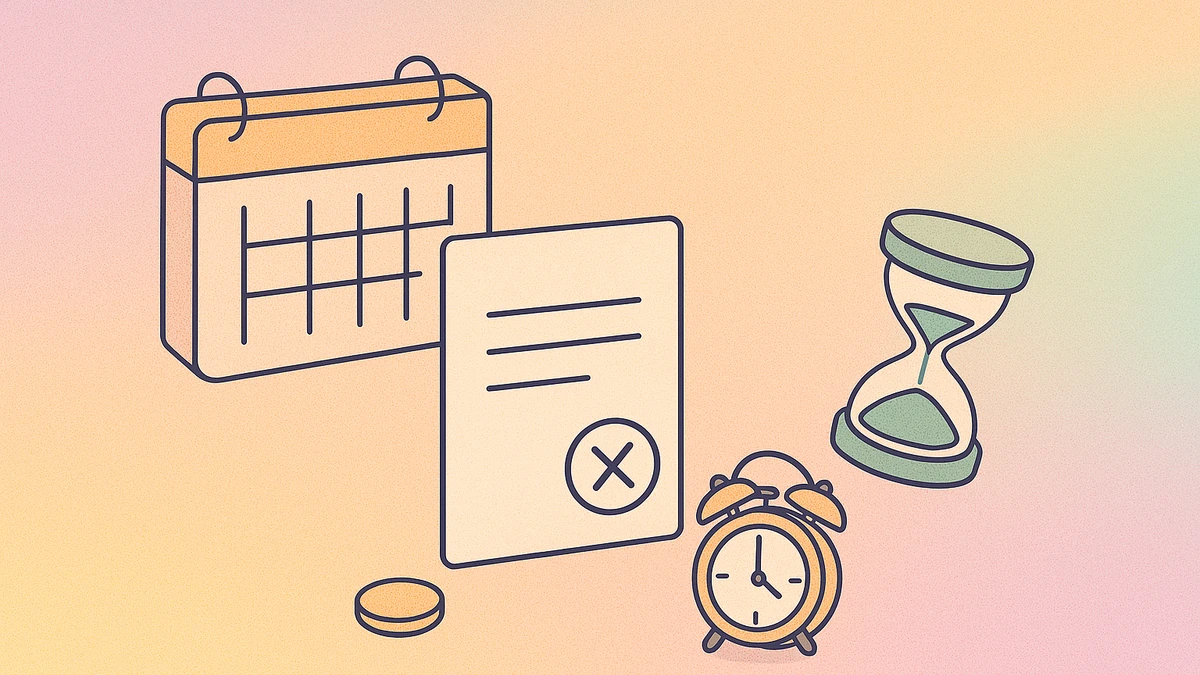How to successfully collect overdue receivables?
Summarize this article with AI
Open the article in your preferred AI to summarize, explore and save it for later.

Has a customer failed to pay an invoice after the due date? Before taking your case to court or considering forced collection, you need to follow a clear, structured procedure. Here's how to proceed step by step to maximize your chances of getting paid.
Amicable reminder: the first step not to be neglected
The first thing to do when a customer misses a payment deadline is to send a reminder.
This amicable phase often enables 8 out of 10 delays to be resolved without further proceedings, according to Observatoire des délais de paiement .
How many reminders should you send before going any further?
You can send up to three reminders 5 to 10 days apart.
La 1st reminder can leave as early as D+5, in a courteous manner
La 2e relance at D+15 with a firmer tone
La 3e relance at D+30, mentioning the possibility of formal notice
What tone of voice and what channels should be used for effective relaunching?
Adapt the tailored to customer profile . In B2B, a direct message is effective; in B2C, it's better to remain diplomatic.
First use a email or a call. If there's no answer, move on to a formal or registered mail .
Formal notice: formalizing your request for payment
When reminders are unsuccessful, a formal notice is the next step. key legal step . It constitutes formal proof that you have claimed the sum due, before any litigation is contemplated.
When should you send a formal notice?
Send your formal notice after the 3rd unanswered reminder or, in general 30 to 45 days after invoice due date . It can be sent as early as the 2nd reminder if the customer is completely silent or if the sum at stake is large.
Copy-and-paste sample formal notice
Subject: Notice to pay
"Madam, Sir,
Despite our previous reminders, we note that invoice no. [XXXX] in the amount of [XXX €], due on [date], remains unpaid to this day.
We hereby give notice to pay this amount under 8 days' notice from receipt of this letter.
If you fail to pay within this period, we reserve the right to take legal action against you.
Yours sincerely [Name - Signature - Contact details]".
Legal proceedings: what to do in the event of non-payment?
If the formal notice remains unanswered, you can initiate legal proceedings. There are two main options, depending on the amount, the debtor's situation and the level of dispute.
Payment injunctions: costs, deadlines, stages
The order for payment is simple, fast and inexpensive.
Cost free if you act alone, or about 30 à 60 € if you go through a bailiff
Deadlines between 1 to 3 months to obtain a judge's order
Steps The procedure involves: filing a petition with the clerk's office, examination by the judge, issuance of the order, service on the debtor.
This is the ideal procedure if the customer does not dispute the debt.
When is a writ of summons appropriate?
If the customer disputes the said or if the case is complex (commercial dispute, poor workmanship), you will have to go through a writ of summons . This procedure takes longer and requires a lawyer above €10,000.
It is relevant for large receivables or established legal disputes.
Collection of unpaid bills between professionals and private individuals
The legal treatment of unpaid invoices varies depending on whether your customer is a professional or a individual . Rules, deadlines and remedies vary.
What are the legal differences between B2B and B2C?
In relationships B2B the French Commercial Code applies. Payment terms are regulated (30 to 60 days), and penalties for late payment apply. automatically due from the day following the due date, without the need for formal notice.
En B2C the legal framework is more protective for the customer. You must prove that consumers are properly informed (in particular via the General Terms and Conditions), and certain penalties are prohibited or capped.
Can you charge penalties to a private individual?
You may not charge penalties to a individual consumer if not expressly provided for in the contract or accepted GTC. In B2C, the amount must remain proportionate and non abusif .
The €40 collection fee does not apply to private individuals either ( article D441-5 of the French Commercial Code ).
What documents should you keep to justify your claim?
A good cover is based on solid dossier able to prove the reality of the claim, its amount, and non-payment.
Invoices, General Terms and Conditions, trade: building up a solid file
Always keep :
A copy of invoice with issue and maturity dates
Visit terms and conditions of sale signed or accepted
Visit e-mail or letter exchanges with customers (reminders, confirmations, disputes)
These elements will be used to prove the debt and facilitate any legal action.
How do you prove delay and loss?
You can prove late payment by :
La due date shown on invoice
Visit reminders sent (by e-mail or registered mail)
Le precise calculation of days overdue
As for the loss, it can be materialized in the form of calculated late penalties (e.g. 3 times the legal interest rate) or a loss of cash flow impacting your business.
Heropay helps you avoid unpaid bills with invoice advances
Don't let your unpaid invoices put the brakes on your cash flow . With Heropay you can receive up to 90% of your bill within 24 hours without waiting for the due date or risking late payment. This allows you to secure your business even if the customer defaults. Heropay takes care of collection. You move forward.